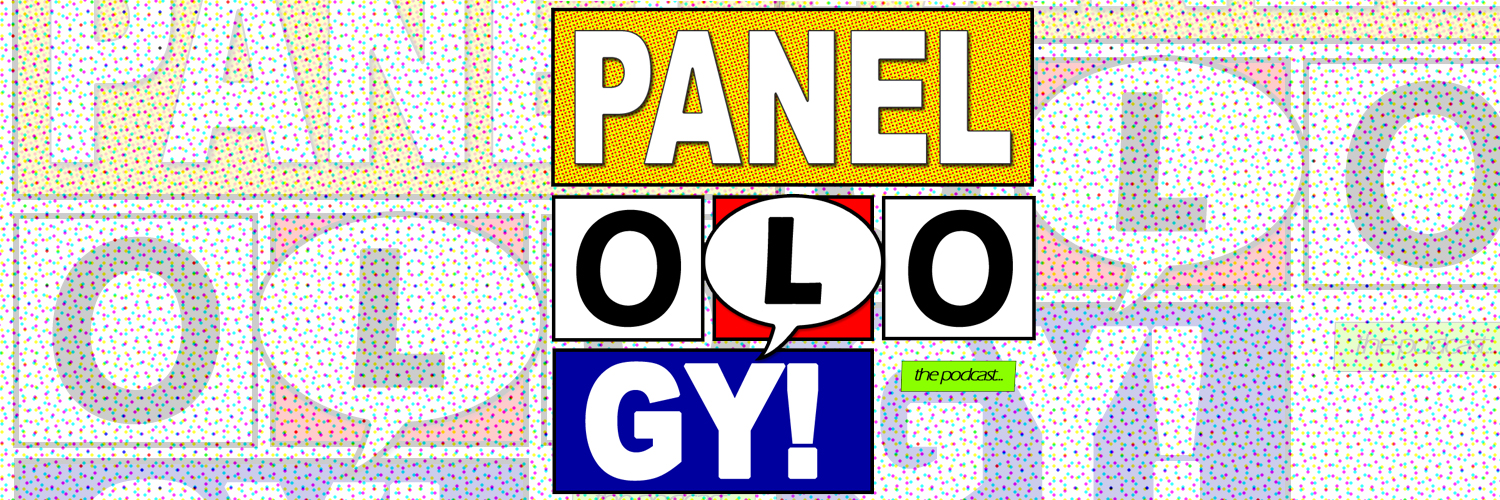I’ve been putting off reading Miracleman for a while.
That isn’t because I hadn’t heard good things about it—I had; in fact, the things I have heard were downright glowing. It is because it is a dense read, and one which recontextualizes a character I don’t have any familiarity with in the first place.
So what is Miracleman? On paper, think Shazaam/Captain Marvel. A regular guy says a magic word, and he turns into a superhero. He has a family of themed sidekicks. Where this book starts, all that goes wrong. Twenty years pass, and Mike Moran rediscovers his forgotten past and powers as Miracleman. From there, this volume fleshes out his history, revealing a layer of his own story Moran never knew.
What could have been a cheesy retcon instead becomes a clever deconstruction of comic narratives. When Mike first shares his remembered history as Miracleman with his wife of sixteen years, she dismisses it as childish and ridiculous. He can’t argue. When he learns the truth, that sense of contrivance casts a more ominous shadow. Thirty-five years later, it remains a masterful, Rebirth-style introduction to the character. (In fact, there are more than a few easy comparisons to make between Miracleman and Rucka’s Wonder Woman’s apparent goals.)
There is one element of narrative playfulness that ages less well. As a nod to Miracleman’s roots, this volume relies heavily on narration boxes. It’s intentional, but sometimes the exposition goes far past the productive. At times, it feels overwritten—not simply poetic when Moran transforms to Miracleman, but passive. At other times, narration does little more than restate what happens on panel. I can’t deny that in its time, much of what sticks out now would have seemed modern. In this one way—which I mention more out of interest in how the book has aged than because I found it a significant hindrance—Miracleman feels like a product of the past.
Leach and Davis and company give this title stunning art. My edition of the book—the 2014 reprint—has been recolored based on the original work, which I suspect contributes to how well it stands up. But as with yesterday’s JSA title, Miracleman balances classic and modern elements. It’s a very good-looking book.
Make no mistake: this is a dense, heady read. It is a masterful reinvention of a classic character, but appreciating that does not require a history with Miracleman. It instead takes thinking about and digesting the book’s moving parts. If that appeals to you, then definitely check this out.
Collected in
- Miracleman, Book One: A Dream of Flying (#1-4)
Credits
Writer: The Original Writer* with Mick Anglo | Artists: Garry Leach & Alan Davis with Don Lawrence, Steve Dillon, and Paul Neary | Colorist: Steve Oliff | Letterers: Joe Caramagna and Chris Eliopoulos | Art Restoration: Michael Kelleher & Kellustration and Garry Leach
*This means Alan Moore, who has asked Marvel and DC not to use his name in the publication or promotion of comics that he wrote for them.

